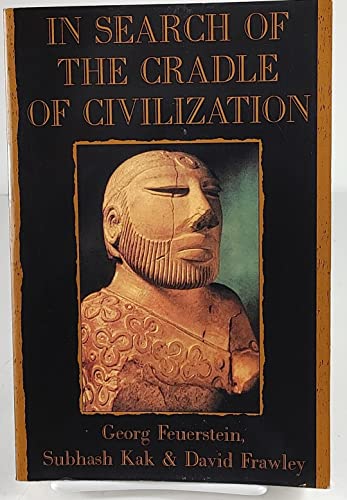Inhaltsangabe
For decades, schoolbooks have taught that Sumer was the cradle of civilization. Conventional scholarship has also held that Aryan civilization came to India by way of invasions from the north. But in this ground-breaking book, three renowned scholars show that there was no "Aryan invasion," and that India, not Sumer, was the cradle of civilized humanity. Through exploring the rich symbols, metaphors, and myths of the Vedas, this book also examines the wealth of India's spirituality and its relevance for today's world.
Reseña del editor
Contrary to the schoolbook notion, the real cradle of civilization may well have been, not Sumer, but India. This book completely revisions ancient history and suggests that by understanding how our ancestors faced their problems of existence, we can find important answers to our own unprecedented crises. The authors cite the latest archaeological, geological, and linguistic evidence to show that the ancient Indians had a highly evolved culture that has influenced the Western world decisively and still has much to teach us today. They find the magnificent sacred text, the Rig-Veda, to be much older than assumed, and they decode the spiritual wisdom hidden in its symbols, metaphors, and myths. They also unravel the astonishing mathematical and astronomical code hidden in the Vedic hymns. "This is a scholarly masterpiece and belongs in the homw and library of every person who wishes to evolve using the wisdom of the ages."--Deepak Chopra, M.D.
„Über diesen Titel“ kann sich auf eine andere Ausgabe dieses Titels beziehen.
